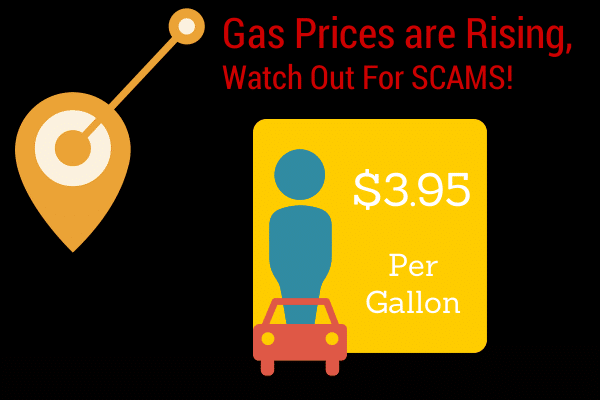
Gas prices are reaching all-time highs. So too is the volume of advertising for "gas-saving" products, designed to appeal to consumers looking for ways to improve fuel efficiency. Although there are practical steps car owners can take to increase gas mileage, the Better Business Bureau warns consumers to be wary of gas-saving claims for automotive devices or oil and gas additives. While some of the gas-saving products have been proven to work, the savings are small, at best. What’s more, you could end up with serious engine problems or a voided manufacturer warranty by adding after-market devices to your engine. The BBB recommends being particularly skeptical of the following kinds of advertising claims:
- "Product improves fuel economy by 20 percent." The Environmental Protection Agency has evaluated or tested more than 100 alleged gas-saving devices and has not found any product that significantly improves gas mileage. In fact, some "gas-saving" products may damage a car's engine or cause substantial increases in exhaust emissions. Some of these products include Air Bleed Devices, Vapor Bleed Devices, Liquid Injection, Fuel Line Devices, Mixture Enhancers, Internal Engine Modifications and more.
- "I got an extra 4 miles per gallon with your product." Although ads may feature glowing customer testimonials, consumers should keep in mind that few people have the ability or the equipment to test for precise changes in gas mileage after installing a gas-saving product.
- "Approved by the Federal Government." No government agency endorses gas-saving products for cars. However, the EPA has reached certain conclusions about possible gas savings by testing or evaluating the product.
Instead of searching for miraculous gas-saving products, the BBB recommends that consumers consider taking one or more of the no-cost or low-cost actions that can help drivers save on gas consumption. The most important place to start is at the gas pump; buy only the octane level gas you need. Check your owner's manual to determine the right octane level for your car. Here are more tips from the BBB to help you get better gas mileage:
- Drive more efficiently. Stay within posted speed limits. Gas mileage decreases rapidly at speeds above 60 miles per hour.
- Avoid "jackrabbit" starts and stops. Accelerate slowly when starting from a dead stop. Don’t push the pedal down more than one-quarter of the way; this allows the carburetor to function at peak efficiency. You can improve gas mileage up to five percent around town if you avoid jerky starts and stops.
- Use overdrive gears and cruise controls when appropriate. They improve the fuel economy of your car when driving on a highway.
- Keep windows closed when traveling at highway speeds. Open windows cause air drag, reducing your mileage by 10 percent.
- Avoid rough roads whenever possible. Dirt or gravel can rob you of up to 30 percent of your gas mileage.
- Remove excess weight from the trunk. An extra 100 pounds can reduce a typical car’s fuel economy by up to two percent.
- Properly maintain your car. Keep the engine tuned, tires inflated and aligned, change the oil on schedule, and check and replace air filters regularly. Replacing clogged filters can increase gas mileage up to 10 percent.

Recent Comments